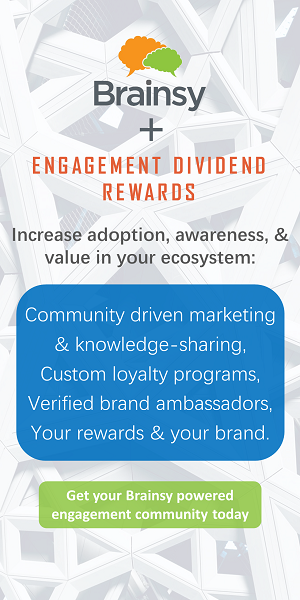I have been an early adopter of much of the tech fads that come along for many years, not because I am entertained by it or even all that curious. Since I am in the tech industry, which is highly sensitive to fads, I felt I needed to understand the waves as they happened. Social media is not all that new and more have come and gone than I can remember. The ones that are left have turned into Ad media sites than social networks of user generated content. I only spend time on these tech fads to understand them, then I move on. Through that process I have seen that of the few sites that get really big, their usage patterns change over time. It appears that many industry professionals, lack basic media literacy to make use of the media effectively. I am speaking of people who are primarily consumers of content. For the producers of content, It is easy to tell which are trying to contribute value and which are making noise.
As with Friendster and Orkut, I left Facebook and Twitter long ago. I stuck with LinkedIn only as an extended contact list with a reputation network that might be useful. As LinkedIn added features I gave them each a try and as they removed the feature I understood why and the limitations of what they were trying. They discovered their business model of supporting sales people and recruiters as well as the Ad model, so the rest of what they do is only to keep the eyeballs coming back. This creates the noise factor and even with the filtering and blocking the "winner take all" scenario of network economics takes hold. Mix in the common activity of self-promotion with Ads and it's a soup of constant product placement and a pitching festival.
My view was that for social media to ever work that it needed a balance of producers and consumers with some editorial function that moderates the quality beyond the Ad buy bidding auction. I have tested many strategies, small groups, large groups, Ads, re-postings, strategies for how to use the like feature, commenting with critique, posting longer comments, short comment. I try to stop short of stupid comments although I have posted highly opinionated comments to try and provoke a debate. It amazes me when I see professionals posting and commenting on what is obviously spam images of silly puzzles or cliche quotations.
In reaction to this snacking on bits of posted junk food, I started to reject it in favor of reading books and writing one myself. With that respite, I thought given the amount of time I spend online could I figure out what my social media, in all forms, including email flow, was worth? If I paused replies, cut back on posting and commenting, then tried to quantify my input against any useful return what would I conclude? I generated a LinkedIn graphic for all my connections and found three clusters that were distinct, so I thought I had good diversity. I downloaded all my data when LinkedIn allowed for exporting it. I did an analysis of this activity. I tried promoting a book to my students and people that I have worked with closely for many years. Then I tried to tally up where the sources of financial return came from and included any impact I thought I might have had on others who have done well. I then discounted the estimated hours spent versus the time it takes maintaining relationships in person. I then tried to track how much of the stuff I did try to read was of any real value to me and how much analysis was done by the people posting before doing so. I also considered that some of my own postings were partially a reminder of a link for myself that I thought others might find useful.
LinkedIn now supports a blog-style article posting which is the latest feature I am trying. I have spent years blogging and gave up on it as well, maybe LinkedIn version might work although I doubt it.
My conclusion is that social media was near worthless to me if I tried to quantify it. The connection management and reputation system is of value when people have a complete profile which is seldom the case. Like any medium, the consumers determine the value and what it means to them may never be known. The use of the like and commenting are not good indicators, no more than clicking on a display ad. So when viewed as solely a personal display Ad maybe that has some value but that is only the case if it converts to an opportunity.
What I see now is that social media may have reached a saturation point where people may stop using it altogether. What replaces it is yet known but what exist today will not persist into the future in its current form. The usage patterns are too chaotic, the value generated is too one-sided in favor of the media platform owners, and the utility too sparse to command the continued usage beyond an addiction to entertainment of displaced and distant connections. It is a video game with levels without an end that wants to be replaced with the newer video game that just got released.
The intrinsic cost of social media seems far higher than an old fashion phone call when accounting for total time and quality of social interaction. Even direct chat, email and the conversation it triggers is far more valuable when compared to the lack of quality engagement on social media platforms.
My conclusion is that my own social media activity is near worthless and has reached the point of saturation where only Ad spend gets through the noise. Even Ads spending has questionable returns on social media.
What comes next? Seems like small world real-time chat, back to basics, face to face communications.
The new luxury is one's ability to turn off completely, listen and speak to the person in front of you and not stare at the anti-social media stream screaming for one's constant attention. The spoiled child of social media technology hasn't grown up much.
reference: the chapter titled Social by Design in the book "StartUP SOAR Coaching: Coaching the StartUP for Successful Outcomes by Adapting to Resiliency" by Ray Garcia, available on Amazon.com and all major book distributors.
Register for FREE to comment or continue reading this article. Already registered? Login here.
0
